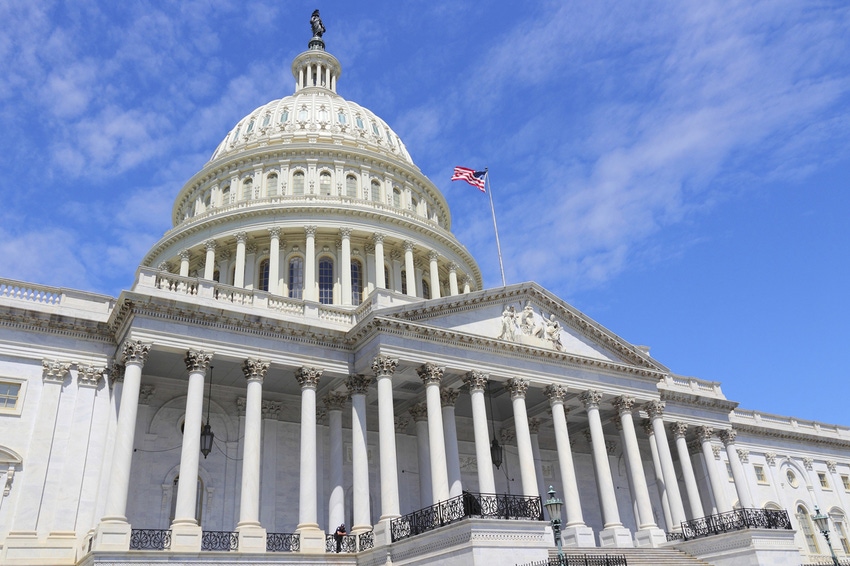INSIDE WASHINGTON: Top policy stories for 2018
Overview of year's 10 most impactful stories regarding agricultural policy.

This year has been a very eventful one on the agricultural policy front -- from trade wars to renegotiated trade agreements to proposed USDA moves to water rule do-overs. Here’s a brief look at some of the most impactful stories for 2018.
The 2018 farm bill crossed the finish line. Starting off as a promise from President Donald Trump at the Farm Bureau meeting in January, and after many partisan fights along the way, the 2018 farm bill offers an evolutionary change rather than revolutionary update to the farm safety net.
Trade war with China heats up. This is one of those stories that never seems to have an ending, and even the beginning caused much anxiety. In my story "Trump ratchets up tariff war with $200b more," we see the trade war intensify. "China trade war hits ag harder starting July 6" also highlights the first round. At the G20 summit, big promises were made as "Trump, China reach agreement." Now, we'll see if that can bring true resolution to the trade war.
Goodbye NAFTA, hello U.S.-Mexico-Canada Agreement (USMCA). However, "USMCA isn’t a slam dunk," and the USMCA gains don’t offset retaliatory tariffs. Congressional approval still will headline trade discussions in 2019. The "Administration turns to offense on future trade deals." After experiencing so many trade woes, many in agriculture welcomed the turn of events from the Trump Administration to take a more offensive trade approach.
"Farmers wind up with aid, not trade." In the aftermath of the Section 232 and Section 301 tariffs, the Trump Administration set aside $12 billion for U.S. farmers. The U.S. Department of Agriculture issued its first round of payments in late August, and USDA issued its second round of trade aid payments the week prior to Christmas. However, the aid has not come without its controversy as USDA had to defend the way it determined its payment rates.
Year-round E15 gets nod from the President, but it will take some time. In my story "Trump gives year-round E15 path forward," I highlight President Trump’s campaign promise to encourage additional ethanol use. This story has had an ongoing battle in 2018 that included many White House meetings with ethanol stakeholders and those from the refinery industry. Likely as part of the scandal, Environmental Protection Agency administrator Scott Pruitt resigned, which was welcome news for those in agriculture, especially because of how he handled the Renewable Fuel Standard waiver situations.
Waters of the U.S. (WOTUS) rule rewrite comes under scrutiny. The ongoing legal and regulatory battle of what constitutes a water of the U.S. continued to make headlines in 2018. The good news, hopefully, is that EPA proposed a new WOTUS rule with hopes of adding regulatory certainty. Certainty is needed because injunctions are splitting which states are under the new rule or old rule.
Another big story this year was on which agency should have oversight of "fake meat." Missouri made headlines when its legislature passed its own bill, and the legislation got challenged in court. It appeared that a turf war was starting between USDA and the Food & Drug Administration on who would regulate the new “meat.” In November, both USDA and FDA announced that they would be tackling oversight regulation for cell-cultured food.
In other end-of-the-year important news, USDA released its final bioengineered food disclosure standard. Support is mixed for the important mandatory genetically modified organism labeling standard approved by Congress two years ago.
Californians advanced Prop 12 animal housing criteria. Californians once again are attempting to establish animal welfare production standards but this time are expanding it to veal and sow crates.
Agriculture Secretary Sonny Perdue has proposed to move the Economic Research Service and National Institute of Food & Agriculture locations out of the Beltway. The proposed move has garnered intense criticism from former administrators and USDA leaders, although "overwhelming" interest has been expressed in new locations.
About the Author(s)
You May Also Like





